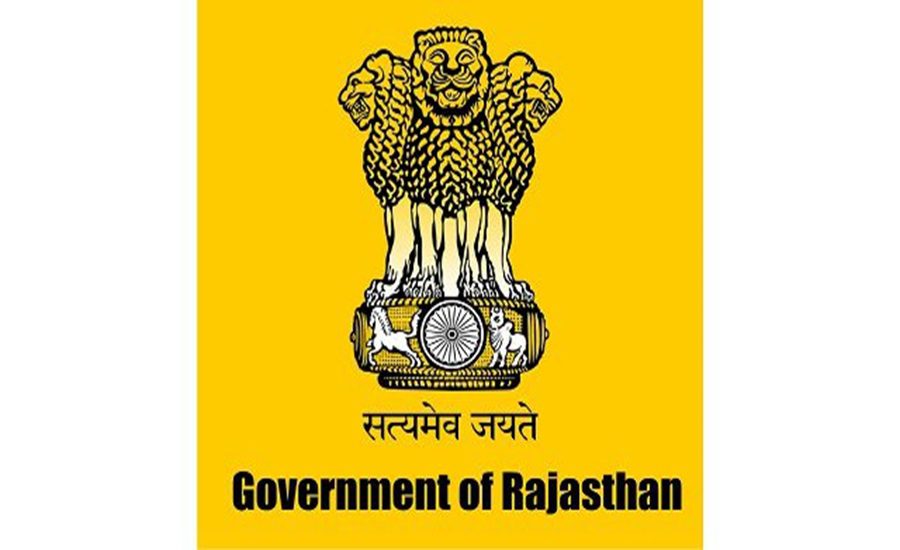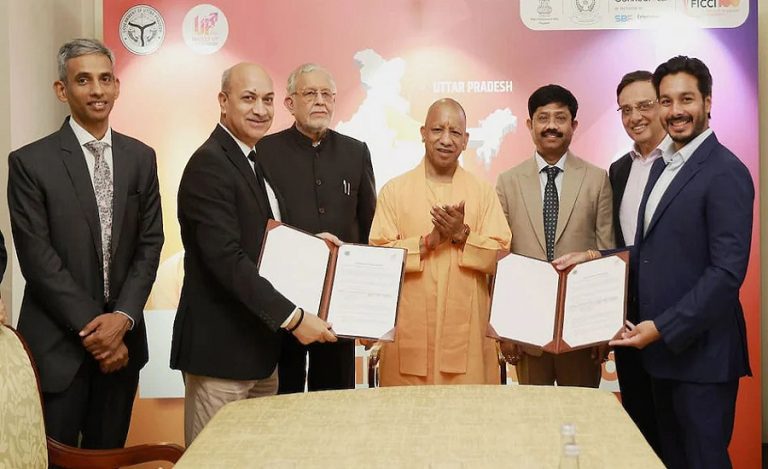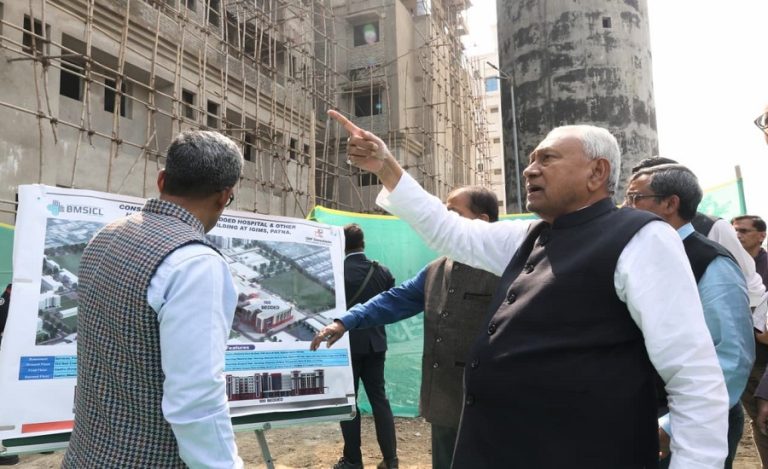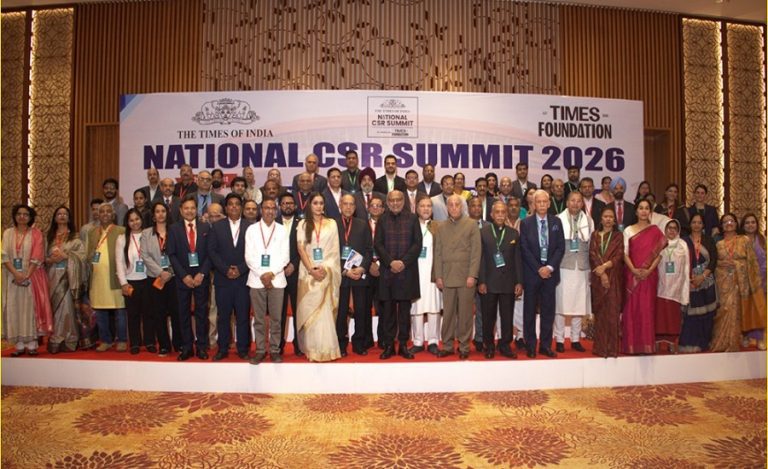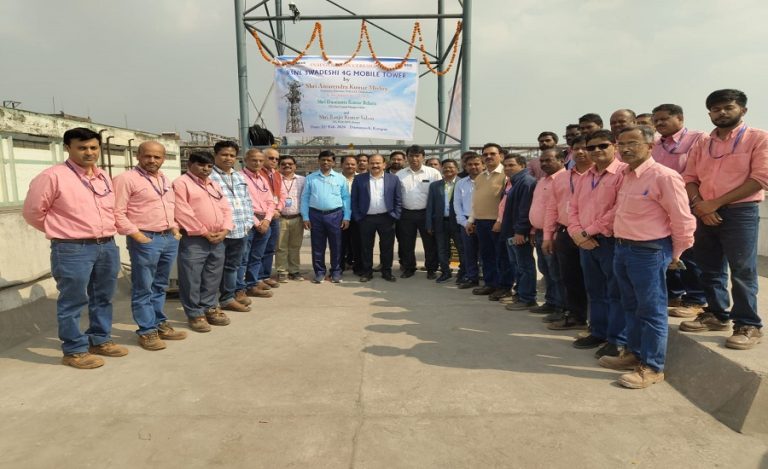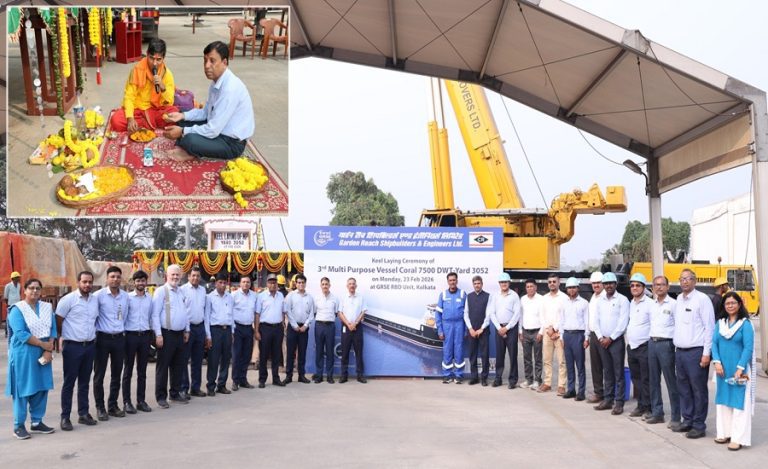Jaipur: In a significant move highlighting its assertive control over the state bureaucracy, the Rajasthan government has withdrawn the No Objection Certificate (NOC) for central deputation of senior IAS officer Krishna Kant Pathak (2001 batch). Although the decision was reportedly taken in July, it has now been formally communicated to the Union government.
Trusted Officer Retained Amid State’s Reluctance to Spare Key Officials
Krishna Kant Pathak, who currently holds the additional charge of the Devasthan Department, is said to have earned the confidence of Rajasthan’s Chief Minister due to his strong administrative performance. Sources reveal that this trust and the state’s unwillingness to let go of a reliable officer were key factors behind the withdrawal of the NOC.
Other Central Deputation Requests Also Denied
The Rajasthan government has also denied central deputation requests for two other IAS officers — P. Ramesh (2005 batch) and Nakate Shiv Prasad Madan (2011 batch) — signaling a broader strategy to retain experienced officers within the state to meet administrative priorities.
Neha Giri’s NOC Still Valid Amid Pending Posting
Meanwhile, IAS officer Neha Giri (2010 batch), whose husband Inderjeet Singh (2010 batch) recently secured a central posting, continues to await her transfer orders. Her NOC remains valid, and she is expected to receive posting details shortly, indicating a more selective approach rather than a blanket halt on central deputations.
20 Rajasthan Cadre IAS Officers Currently on Central Deputation
At present, around 20 IAS officers from the Rajasthan cadre serve on central deputation. The recent withdrawals and denials suggest a shift in the state government’s approach, focusing on retaining key officers to strengthen governance and fulfill state priorities amid a competitive bureaucratic landscape.
Implications for Bureaucratic Management in Rajasthan
The move reflects Rajasthan’s effort to maintain a tight grip over its top civil servants amid growing challenges in governance and administration. By prioritizing state needs over central deputations, the government is signaling its intent to build a more stable and accountable administrative framework.

